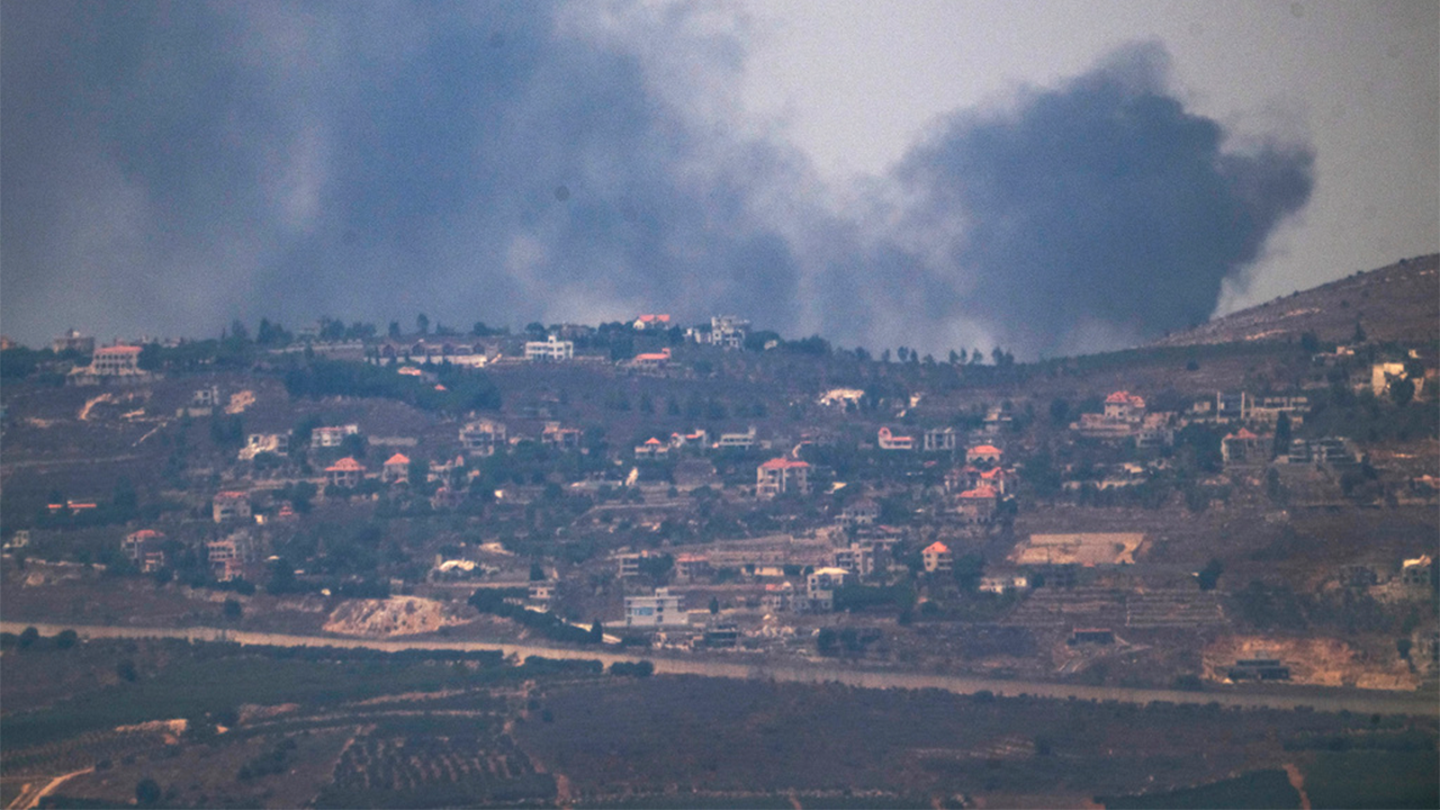Taiwan's outgoing foreign minister, Joseph Wu, has urged democracies to unite against the expansionist efforts of Russia and China. Wu warned that China's military assertiveness in the Indo-Pacific could be emboldened if Russia succeeds in Ukraine.

Taiwan's outgoing foreign minister, Joseph Wu, has voiced the need for democracies to resist the expansionist efforts of Russia and China. In an interview with The Associated Press, Wu urged democratic nations to unite against Russia and China's military assertiveness in regions like Europe and the South China Sea.
Wu warned that if Ukraine falls to Russia, China may feel emboldened to further expand its influence in the Indo-Pacific. He emphasized that Russia and China are helping each other expand their territorial reach, and democracies must push back against authoritarian states that threaten their rights and sovereignty.

Wu's comments came as Russian President Vladimir Putin was on a visit to China amid Russia's ongoing invasion of Ukraine. Putin and Chinese leader Xi Jinping reaffirmed their "no-limits" partnership as both countries face rising tensions with the West.
Wu called on democracies to align in countering Russia and China's military assertiveness in Europe, the South China Sea, and beyond. He pointed out that China threatens to invade Taiwan, a self-ruled democracy that it claims as its own territory.
"Putin's visit to Beijing is an example of the two big authoritarian countries supporting each other, working together with each other, supporting each other's expansionism," Wu said.
Wu highlighted the importance of Western powers continuing to support Ukraine in its fight against Russia as a message that democracies will defend one another. He expressed concern that China could take more ambitious steps to expand its power in the Indo-Pacific if Ukraine is defeated.
Wu also warned about the risk of a potential conflict in the South China Sea, a resource-rich area and key transit route for global trade, where China has overlapping territorial claims with several of its neighbors. He emphasized that tensions in the South China Sea are "more dangerous" than those in the Taiwan Strait and indicate China's ambition to project power in the region.
Wu criticized China's strategy of pursuing security agreements with nations such as the Solomon Islands and increasing its military presence across Asia and Africa. He stressed that Taipei is committed to maintaining peace and the status quo in relations with Beijing, as the island prepares to inaugurate its new president, Lai Ching-te, on Monday.
Wu acknowledged China's attempts to change the status quo with Taiwan through military pressure, information warfare, and new flight routes along the median line of the Taiwan Strait. He emphasized that Taiwan will continue to keep its door open for dialogue and negotiations with Beijing in a peaceful manner.
Despite China's efforts to isolate Taiwan diplomatically, Wu has worked to improve unofficial ties with European and Asian nations, as well as the U.S., which remains Taiwan's strongest unofficial ally. He believes that European nations have become more sympathetic to Taiwan's cause and cautious of China due to issues such as China's human rights crackdown in Hong Kong and Xinjiang, and its handling of the coronavirus pandemic.
Wu urged democracies to recognize the global threat posed by authoritarian influence and to work together to safeguard their rights and sovereignty.










